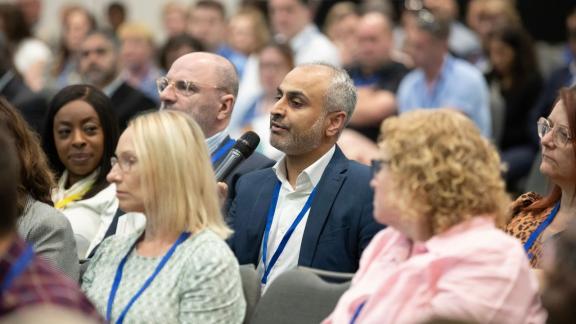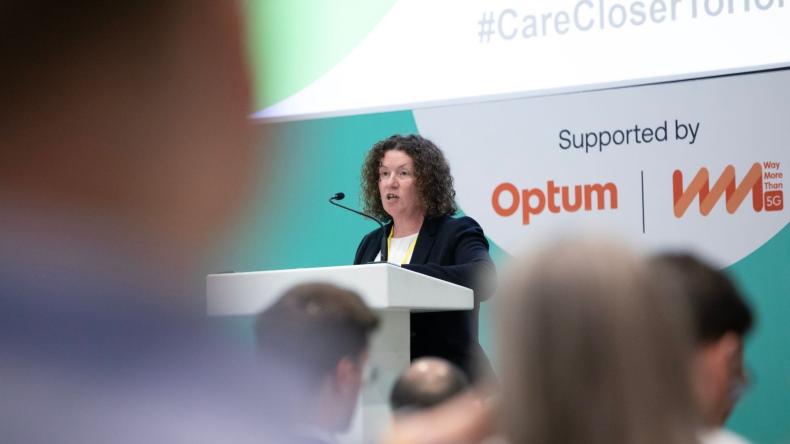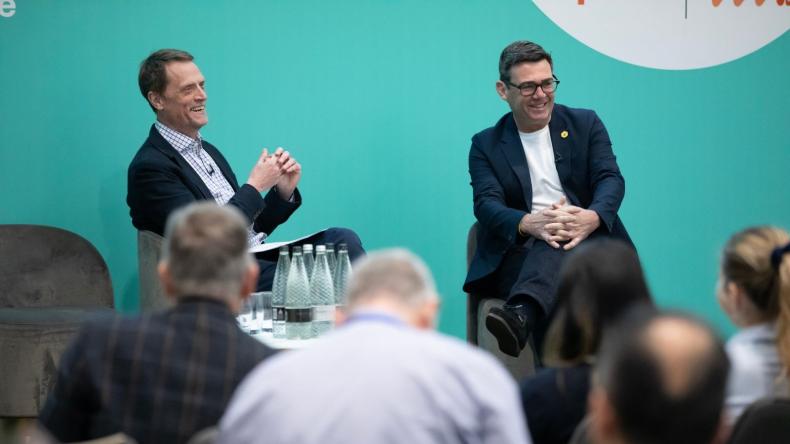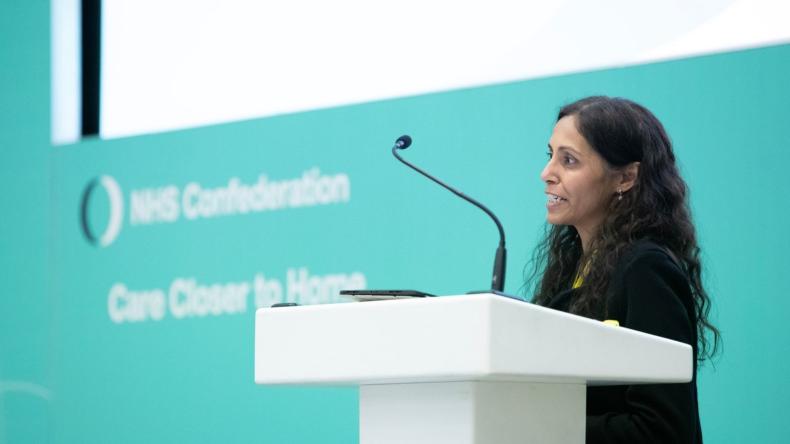Care Closer to Home: Primary and Community Care Conference 2025

We hosted over 400 attendees on Wednesday 30 April in Birmingham, bringing together health and care professionals alongside national and local experts and inspirational speakers to look to the future of care closer to home.
The conference focused on the various factors that will help make the government's vision of care closer to home a reality, including organisational form, workforce, data and digital, estates, and leadership.
The discussions had are crucial in fostering collaboration between primary care and community services, laying the foundation for a radically reconfigured NHS.
We extend our thanks to our partners, OptumUK and WM5G, as well as our exhibitors, whose support made this event possible.
Here's what some of our delegates had to say:
"It was such an inspiring day seeing people all over the country showcase how collaboration, hard work and leadership can show results."
"Really well organised, friendly and informative."
"Brilliant day, left feeling energised and with additional contacts from networking."
Conference highlights
Below is an overview of some of the sessions from the day, with additional resources available to access.








